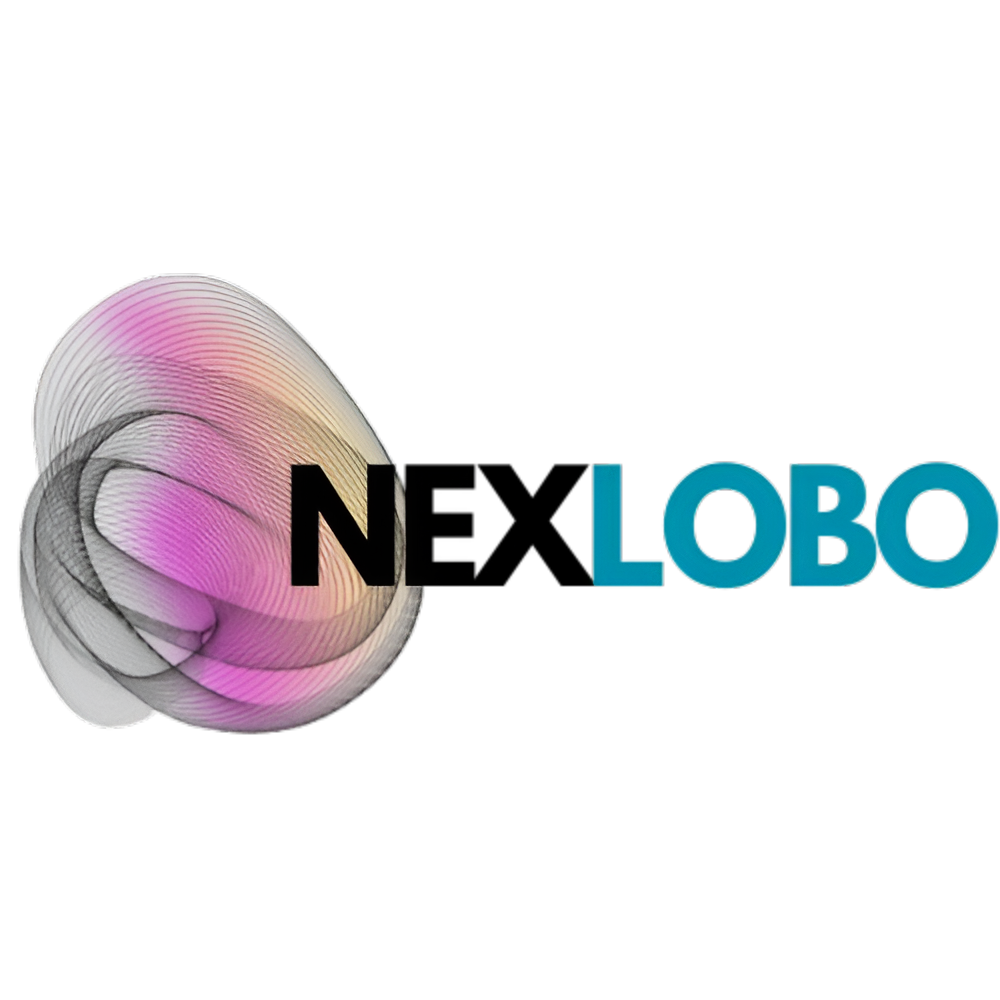How to Do Keyword Research with ChatGPT for Content Writing in 2025

When I first started using AI for content writing, I didn’t know the full potential of keyword research with ChatGPT. At the time, I was manually sifting through keyword lists and spending hours trying to identify the most effective terms to rank for. As a startup, this process was draining—until I stumbled upon ChatGPT. ChatGPT didn’t just help with content creation; it also helped me discover a more innovative and faster way to conduct keyword research. In 2025, ChatGPT has evolved to become more than just a conversational AI. It’s now a powerful tool for content writers, offering an AI-driven approach to enhance SEO strategies, particularly in keyword research, thanks to ChatGPT. In this guide, I’ll walk you through how to leverage keyword research with ChatGPT for your content writing in 2025. Let’s dive into the future of keyword research and how you can use this powerful AI tool to take your content creation to the next level.
Why Keyword Research Is the Secret Weapon for Content Writers
When I first ventured into content creation, I quickly realized that good content without proper keyword research wouldn’t do much for my SEO efforts. As a startup content creator, every minute spent on creating blog posts, articles, or website copy had to count. Keyword research wasn’t just about choosing words; it was about understanding what my audience was searching for and aligning my content with those needs.
But keyword research in the traditional sense was time-consuming and tedious. I had to look up each keyword manually, check search volumes, assess competition, and finally, add them to my content. But then, I discovered keyword research with ChatGPT, and the game changed. ChatGPT helped automate the process by providing me with a list of keywords within seconds, saving me a valuable amount of time.
For a deeper dive into AI tools in digital marketing, this post is helpful: How to Use AI Tools for Marketing Automation Workflows.
How to Get Started with Keyword Research with ChatGPT
Starting keyword research with ChatGPT is easier. You don’t need to be an expert in AI to leverage ChatGPT’s capabilities fully. The process is as simple as entering your seed keyword into ChatGPT and letting the AI provide you with a list of related keywords and phrases.
Here’s how I personally use ChatGPT for my keyword research:
- Input a Broad Seed Keyword: I start with a basic keyword that’s related to the topic I’m writing about.
- Request Related Keywords: Ask ChatGPT to suggest additional keywords that are semantically related or variations of the initial keyword.
- Refine Your List: ChatGPT will offer a list of keywords, which you can further refine using search volume tools or competitor analysis.
ChatGPT’s ability to quickly suggest relevant keywords has saved me countless hours of work.
How to Expand Your Keyword List Using ChatGPT for Content Writing
Keyword research with ChatGPT is not only about discovering a few keywords—it’s about expanding your keyword list to include a mix of short-tail, long-tail, and niche keywords. Once you have a starting point, you can keep asking ChatGPT to generate more specific or even less competitive keywords.
Here’s how I use ChatGPT to expand my keyword list:
- Request Variations: Ask ChatGPT to provide variations of the main keywords, focusing on different ways users might search for the same thing.
- Use Related Topics: ChatGPT can also generate keyword suggestions for related topics, helping me tap into subtopics and less competitive niches.
- Explore User Intent: ChatGPT can help identify the intent behind specific searches by suggesting how a keyword might be framed as a question or a conversational query.
Expanding your keyword list in this way ensures you’re targeting a wide range of search queries that your audience might use.
How to Optimize Content for SEO with ChatGPT’s Keyword Suggestions
Once you have your list of keywords, keyword research with ChatGPT doesn’t stop there. It’s essential to optimize your content around the chosen keywords to ensure your articles are both SEO-friendly and easy to read.
Here’s how I use ChatGPT for content optimization:
- Suggest Meta Descriptions and Titles: ChatGPT can help craft SEO-optimized titles and meta descriptions by incorporating keywords naturally and engagingly.
- Keyword Placement: ChatGPT can provide guidance on where to place the keywords within the content to avoid keyword stuffing but still maintain SEO best practices.
- Subheading Suggestions: ChatGPT can also suggest subheadings based on the keywords you want to target, ensuring that the content is structured in a way that’s SEO-friendly.
By using ChatGPT for these optimizations, I save time and improve my content’s chances of ranking higher in search results.
How to Monitor Keyword Trends and Stay Ahead of the Competition
As trends evolve, so do the keywords that people are searching for. One of the most significant advantages of keyword research with ChatGPT is its ability to predict keyword trends by analyzing current search patterns and related topics.
Here’s how you can stay ahead with ChatGPT:
- Track Keyword Trends: Ask ChatGPT to provide insights on emerging keyword trends based on the current search behavior in your industry.
- Competitor Analysis: ChatGPT can assist in understanding the keywords your competitors are targeting, helping you find areas to outshine them.
By staying proactive with ChatGPT, I ensure that my content remains relevant and aligned with the latest trends, enabling me to pivot and optimize my strategy quickly.
The Benefits of Keyword Research with ChatGPT
I’ve experienced several significant benefits from using keyword research with ChatGPT, and here are just a few:
1. Time Efficiency
Before using ChatGPT, I’d spend hours researching and sorting through keywords. With ChatGPT, I can get keyword suggestions, related questions, and long-tail variations in just a few minutes.
2. Cost-Effective
For startups or content creators on a budget, ChatGPT offers an excellent, low-cost solution compared to premium tools like SEMrush or Ahrefs. It provides many of the same insights, helping you make smarter decisions without the hefty subscription fees.
3. Creative Ideas
ChatGPT not only helps with keyword research but also sparks new ideas for content creation. Whether it’s related topics or innovative ways to structure content, it helps me think outside the box.
Conclusion: The Future of Keyword Research with ChatGPT
Using keyword research with ChatGPT has significantly improved the way I approach content writing. Whether it’s saving time, finding niche keywords, or staying ahead of trends, ChatGPT offers a streamlined process for anyone looking to enhance their SEO strategy. By integrating ChatGPT into your content creation process, you can stay ahead of the competition and create optimized content that ranks well and resonates with your audience.
If you’re not already using ChatGPT for your keyword research, now is the perfect time to start. Let AI help you elevate your content writing and SEO in 2025.
For more actionable tips on leveraging AI for SEO, check out How to Use AI Tools for Marketing Automation Workflows and How to Start Freelance Digital Marketing at Home.
Ready to elevate your SEO strategy? Subscribe to our newsletter for more tips on keyword research with ChatGPT and how you can improve your content creation in 2025.





Leave a Reply